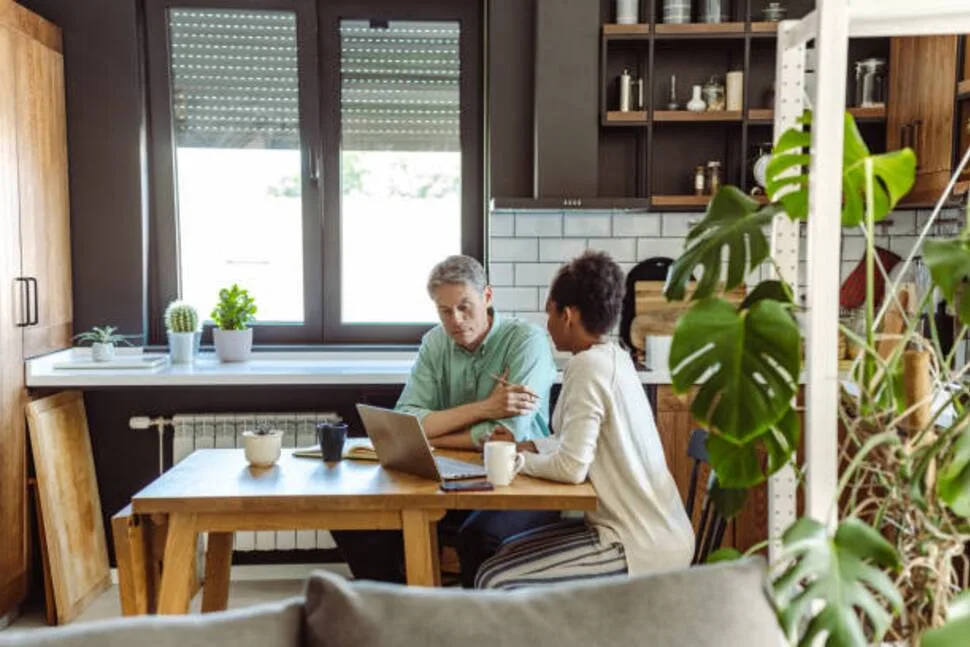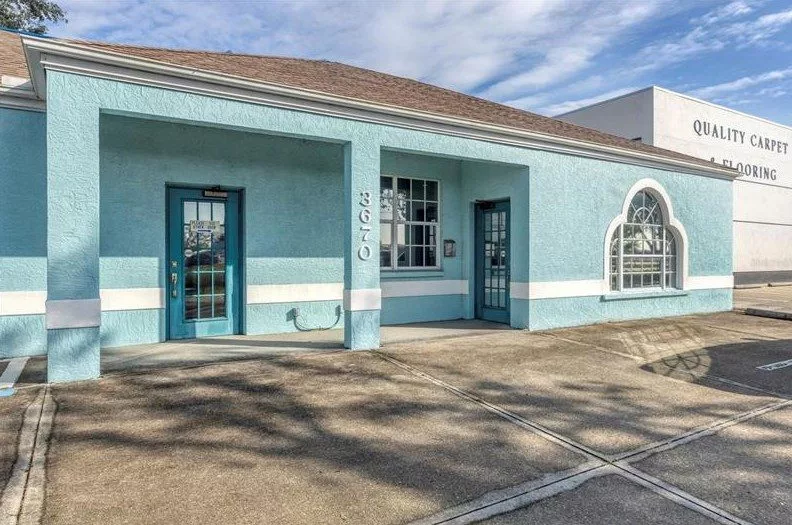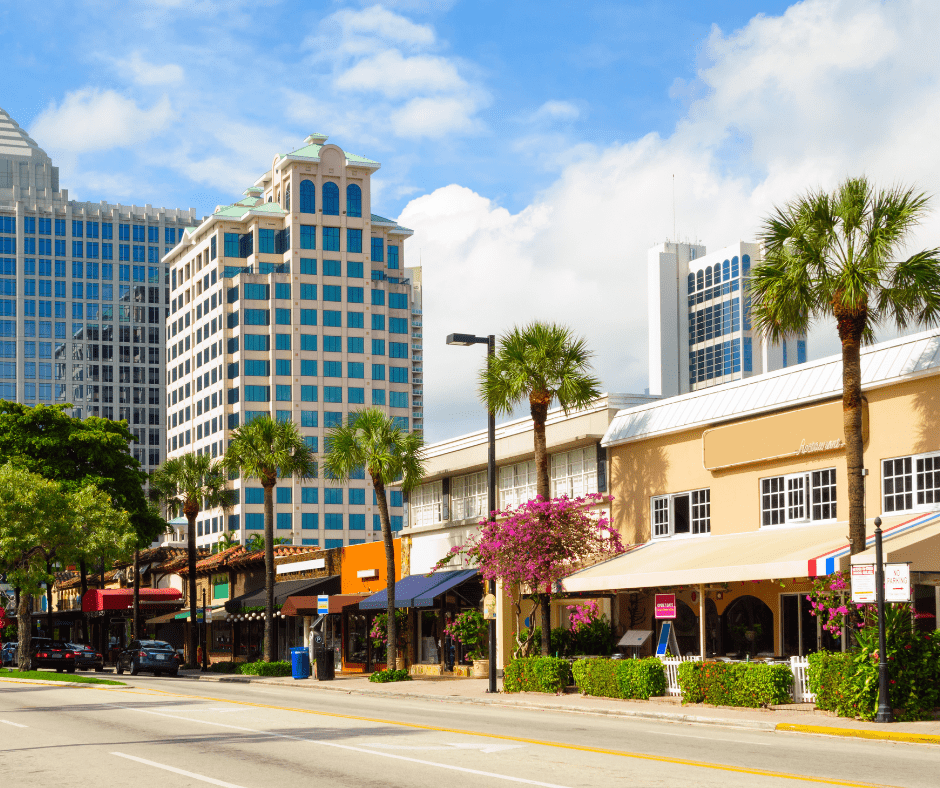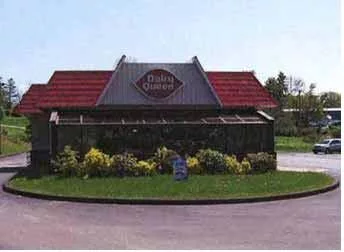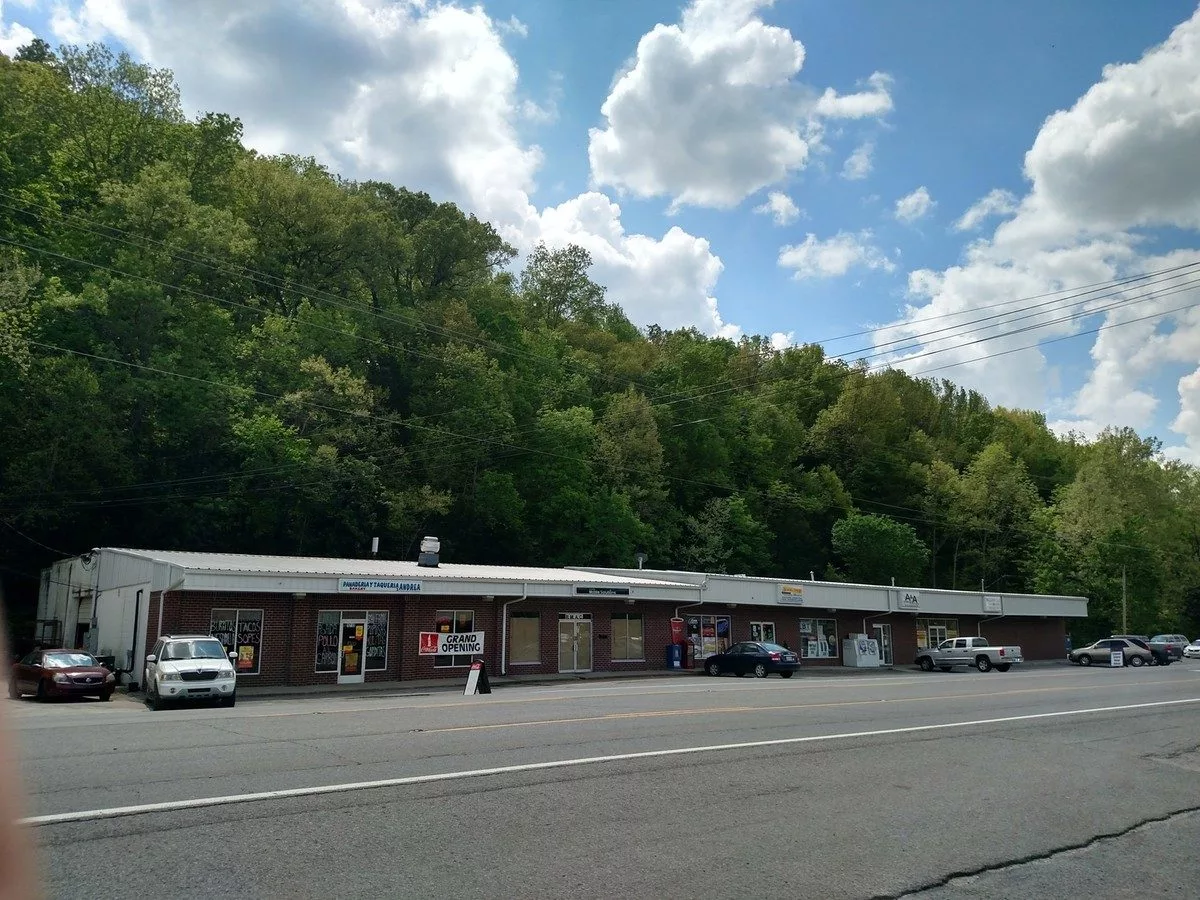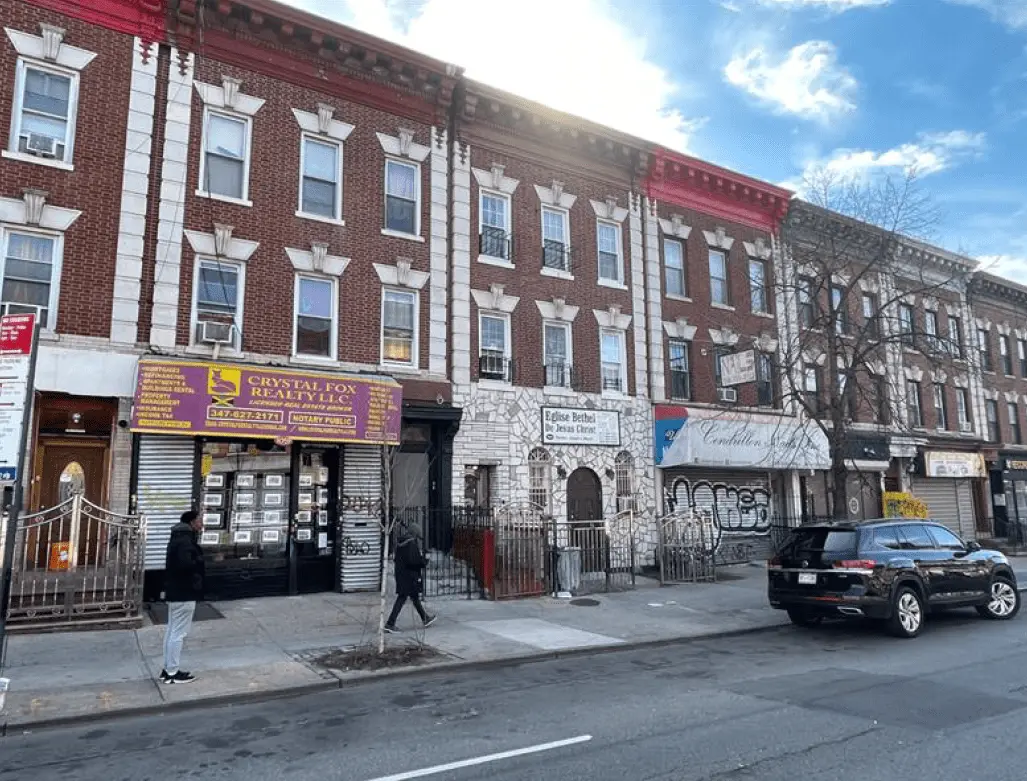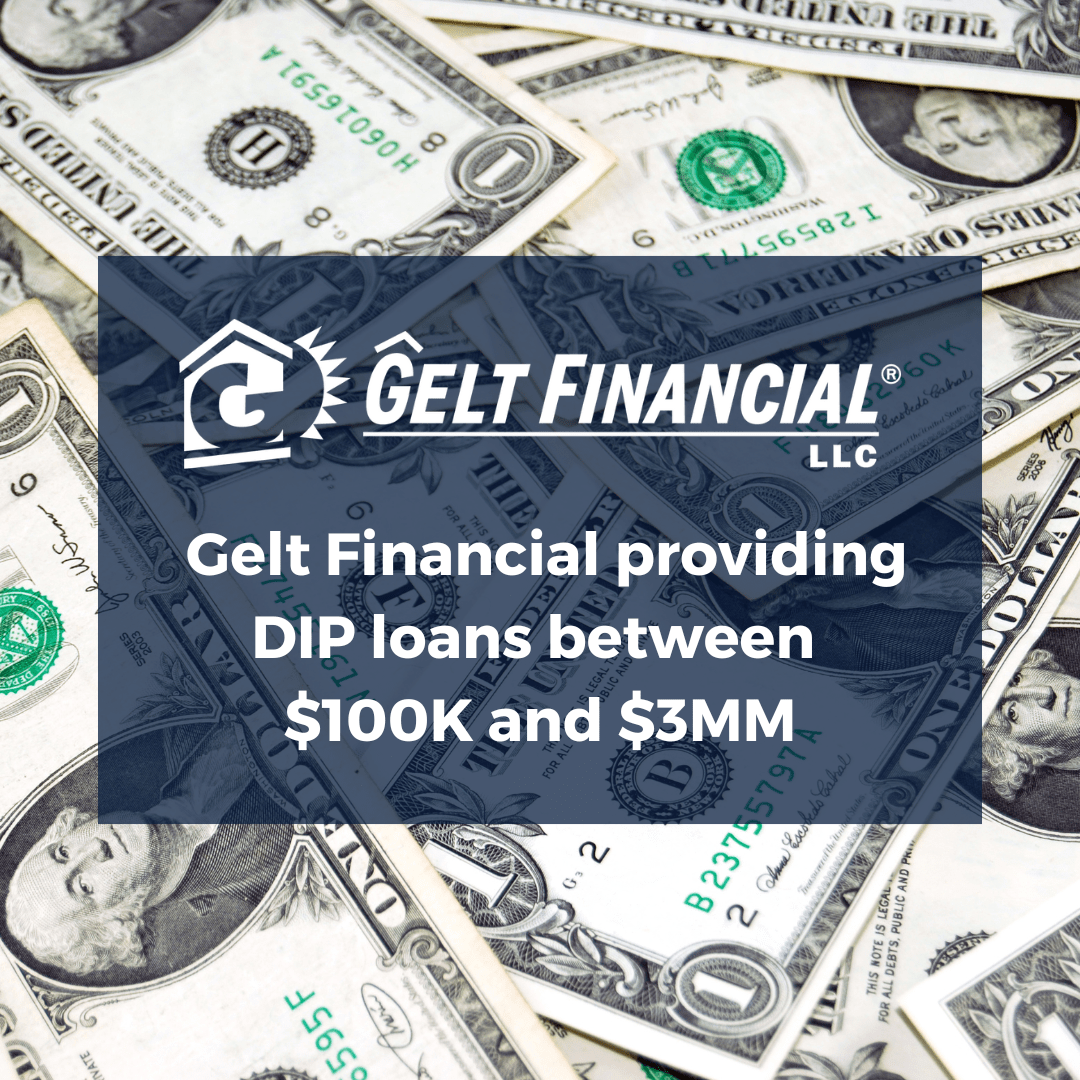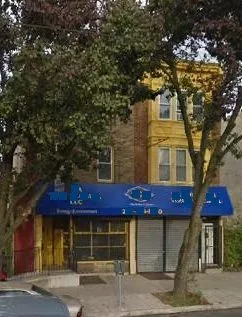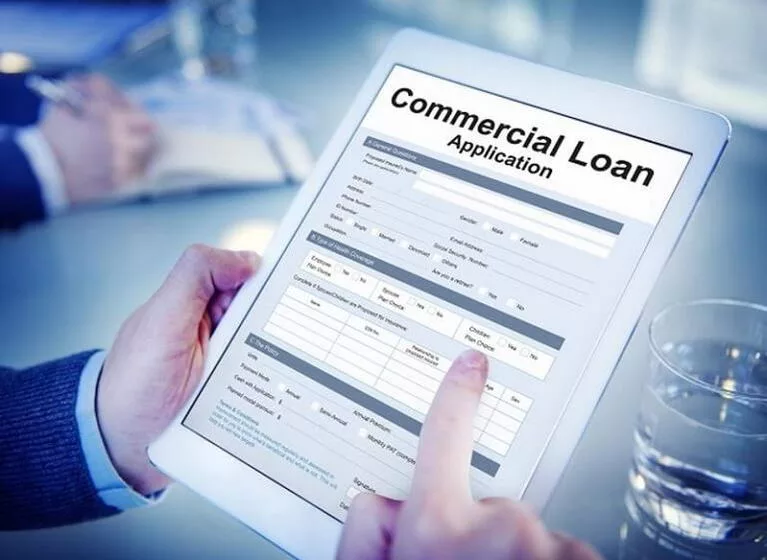Should you buy a house during a recession? Jack Miller lends his expertise to Bankrate
Should you buy a house during a recession?
Written by AJ Dellinger, Bankrate
As inflation grows and gross domestic product declines, many fear that the country is headed toward a recession. In response to these conditions, the Federal Reserve has raised interest rates dramatically. While this is primarily to combat rising inflation, it affects other segments of the economy as well, including the housing market.
Interest rates are not directly tied to mortgage rates, but typically, as the one increases, so does the other. The result of pricier mortgages is a slowing housing market, with fewer buyers. “The rapid cooling we’re seeing in the housing market is a harbinger of what is to come for the broader economy,” says Greg McBride, CFA, Bankrate’s chief financial analyst.
If you’re hoping to buy a home, are these conditions beneficial, or do they create even more challenges? Here’s everything you need to know about buying a house during a recession
What is a recession?
There has been considerable debate over the definition of the term recently. By one very simple definition, a recession is when an economy experiences two consecutive quarters of negative growth — meaning gross domestic product shrinks for two quarters in a row. That has, in fact, happened. But most experts argue that a true recession requires more than just one indicator.
Other factors, including the rate of unemployment, income, consumer spending, retail sales and industrial production all factor into determining whether or not there is a recession. The official determination is made by the National Bureau of Economic Research’s Business Cycle Dating Committee. That group takes into account many different factors, including revised GDP data that becomes available months after the initial data is released, to make an official determination.
Are we in a recession now?
While the country has experienced two straight quarters of negative economic growth, experts still debate whether it is experiencing a true recession. The economy appears to be shrinking and inflation remains high, but unemployment is very low and consumer consumption is holding steady. Recent research from the Federal Reserve Bank of Dallas concludes that, all indicators taken together, the country is not in a recession.
Indeed, as of early August 2022, the National Bureau of Economic Research had not declared a recession. However, sometimes data and sentiment don’t match, and while we may not be officially in one, there can still be a sense of economic slowdown that feels an awful lot like recession to many folks.
Recessions and the housing market
Economic recessions — and the response to them by the Federal Reserve — can affect the housing market in a number of ways.
During a traditional recession, the Fed will usually lower interest rates. This creates an incentive for people to spend money and stimulate the economy. It also typically leads to more affordable mortgage rates, which leads to more opportunity for homebuyers.
But the current market is seeing interest rates rise instead of fall. Rising rates typically increase the cost of getting a mortgage to purchase a house. This, in turn, lowers the demand for homes in the market.
The buyers who remain in the market during times of uncertainty like this often change — or at least change what they are looking for. They may find themselves in the market for a different type of home than they would be otherwise. “There is a direct correlation between how much home a borrower can afford and the prevailing rates,” says H. Jack Miller, president of Gelt Financial and strategic financing advisor at Real Estate Bees. “Most people are buying as much home as they can afford.”
How home prices might change in a recession
While the cost of financing a home typically increases when interest rates are on the rise, home prices themselves may actually decline. “Usually, during a recession or periods of higher interest rates, demand slows and values of homes come down,” says Miller.
Decreased demand and fewer buyers mean that fewer people are competing for the same inventory of homes. When that competition dries up, sellers lose the upper hand they enjoy in a roaring seller’s market like we’ve seen in recent years. They will likely have to settle for less than their initial asking price — or at least less than they might have gotten in a more competitive market. And while that’s bad news for sellers, it can be good news for hopeful homebuyers.
Should I buy a house during a recession?
Recessions can often push buyers out of the market, but that’s not necessarily because it is a bad time to buy. In fact, if you can afford to, Miller argues a recession can be a good time to buy a home. “Some people hold off on buying when this happens, but I think this is a mistake,” he says. “When rates go up and demand slows, buyers can usually get a better deal on the home they want.”
Whether the country is in an official recession or not, McBride says the conditions could still be right in the coming months for homebuyers to act. “Between lower mortgage rates and what I expect to be a leveling out of home prices, prospective buyers may get a little more bang for the buck in the next six to 12 months than what they’ve seen to this point in 2022,” McBride says.
Pros
- Less competition: A recession often puts people in a difficult financial position, leaving them unable to afford a new home. This results in less competition within the market, for those who can still afford it.
- Lower prices: With fewer buyers, home sellers will likely no longer see multiple offers or bidding wars for their properties. This can lead to lower home prices.
- Lower rates: During a recession, the Federal Reserve will often lower interest rates to stimulate the economy, which can result in more favorable rates for borrowers getting mortgage loans.
Cons
- Stricter lending requirements: To protect their profits during a recession, lenders may institute stricter requirements on mortgages to decrease the possibility of a borrower being unable to fulfill a loan.
- Fewer options available: With less competition and lower prices, some sellers will take their home off the market or opt to wait it out, leaving less available inventory for buyers to choose from.
- Economic uncertainty: Many people typically lose their jobs during a recession, and other conditions may cause people’s finances to be less than stable as well. Liquidity can be important during a period of economic instability, and having your cash tied up in real estate may not be ideal.
Bottom line
Buying a home during a recession can be a good idea — but only for people who are lucky enough to remain financially stable. Mortgage rates may drop as the Fed tries to help the economy recover, and with fewer qualified buyers and less competition, home prices can drop as well. However, there are still plenty of risks during any economic downturn, particularly with the possibility of widespread layoffs. So if your finances are less than stellar, waiting it out may be the smarter move.
Read the article here- https://www.bankrate.com/real-estate/buying-home-during-recession/



